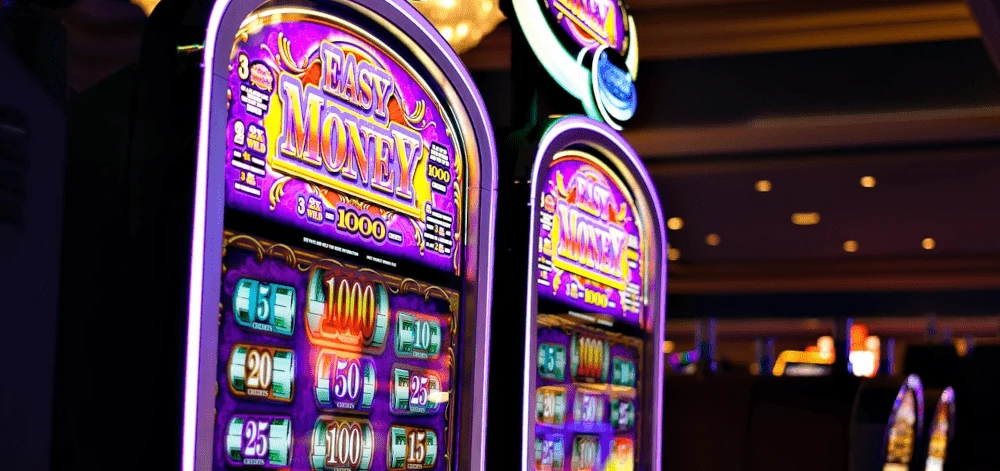Jackpot Justice: Two Perspectives
Depending on how you see things, the phrase “jackpot justice” can have two entirely different meanings. It’s a classic example of a loaded term, one that exposes a rift in political and economic values.
One commentator has referred to a jackpot justice as a “problem,” wherein juries “reward outsized judgments unrelated to actual damages.” Separately, a thinktank has published a 53-page document titled Jackpot Justice, The True Cost of America’s Tort System, but never explicitly defined the term in its analysis.
So, how can we unpack this loaded term? As a hypothetical, let’s imagine what jackpot justice might mean from the perspectives of two people. We’ll call them T.G.B. and J.T.N.
T.G.B. is an Ivy League academic who has spent his entire life with his nose in books. Sure, he’s book smart. But he’s not street smart. He is so caught up in research and number-crunching that he has isolated himself from the real people who are the bedrock of this country. He’s not relatable, and if he doesn’t have a data set to back up his point, he has nothing meaningful to say.
J.T.N. grew up poor, eventually fought his way out of the lower class, and then dedicated his life to helping others. He believes that everybody should be free from harm and that the people and companies who harm others should be held responsible for their actions. He’s your everyday man. A modern-day Robin Hood. He fights for what it right, based on a moral compass developed on the streets.
T.G.B., who has never felt the pangs of need, would define jackpot justice as “tort lawyers gone wild.” Actually, that phrase is too imaginative for T.G.B. He would say that injury lawsuits impede economic growth and that injury lawyers and their clients are a threat to the American economic system.
J.T.N. would define jackpot justice as a misnomer — a phrase coined by the conservative elite and overpaid insurance lobbyists who thrive on disinformation to keep the lower class low. J.T.N. would say that injustice occurs when a tortfeasor — in other words, a wrongdoer — prevents an injury victim from being made whole. In J.T.N.’s view, a cap on damages is a glass ceiling placed over the top our judicial system, so that the rich can get richer.
T.G.B. is deeply tied to the field of economics. He has devoted his life to the study of market behavior. But his perspective reaches far beyond his work. T.G.B. would avoid admitting to you that his personal asset holdings are tied to businesses growth and that tort reform personally benefits him. The only thing personal to T.G.B. is his own financial stability — even if that means turning a blind eye on justice.
J.T.N. would argue that lawsuits that have felled the tobacco industry, made our vehicles safer, and taken poisons out of our foods are a good thing. J.T.N. values society’s overall health and well-being more than a company’s profits. He believes that injuries are personal and that every single person is important.



